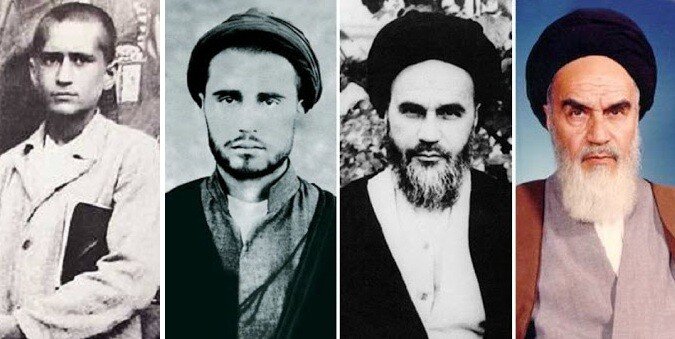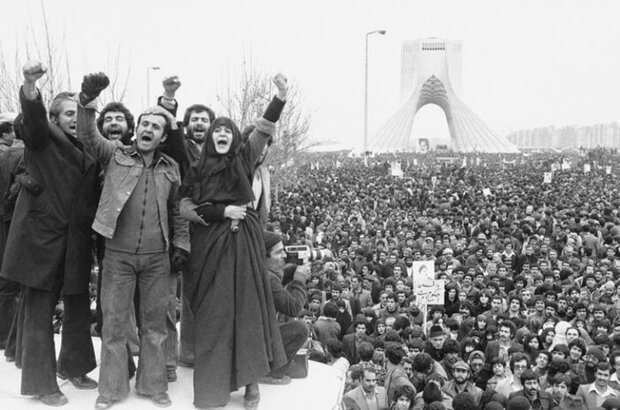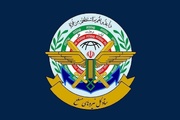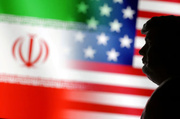The 46th anniversary of the Ten-Day Dawn (Fajr in Persian) celebrations commemorates the victory of the Islamic Revolution.
This annual event marks Imam Khomeini's return after years of exile and the fall of the US-backed Pahlavi regime.
It begins on February 1, 1979, with Khomeini's return, and culminates on February 10, symbolizing a new era of justice, independence, and dignity for Iran.
On Bahman 22 (February 10), ceremonies attended by high-ranking officials reaffirm loyalty to the Islamic Republic and Imam Khomeini.
Throughout the Ten-Day Dawn, events including speeches, marches, parades, and cultural activities celebrate the Revolution's triumph, with millions marching toward Azadi Square in Tehran and other cities on the final day.

The ceremonies exemplify the Iranian spirit of resistance, independence, and Islamic values. The Ten-Day Dawn is a moment of national pride, honoring past sacrifices and reaffirming the ideals of the Islamic Republic.
Imam Khomeini, Ayatollah Sayyed Ruhullah Mousavi Khomeini, was a cleric and Marja who led the revolution that overthrew Mohammad Reza Pahlavi, Iran's last Shah.
He was a significant political theorist known for developing the theory of velayat-e faqih, which emphasizes the role of Islamic jurists in governance.

The establishment of the Islamic Republic sought to reshape Iran’s social, political, and economic landscapes by implementing a governance model rooted in Islamic principles.
Under this framework, the Islamic Republic aimed to promote social justice, economic equity, and the rights of the oppressed while resisting perceived external threats to national sovereignty.
As Iran commemorates its revolution, the Ten-Day Dawn serves as a reminder of past struggles and aspirations shaping the nation's trajectory.
The annual festivities celebrate historical milestones and foster dialogue about Iran’s future, addressing contemporary challenges while reinforcing values of independence and resilience.

The Ten-Day Dawn ceremonies embody significant meaning, fostering unity and shared purpose among Iranians.
They reflect a commitment to preserving the revolution's achievements and perpetuating discussions about its lessons. Additionally, they affirm national identity and cultural heritage, intertwining Persian history with Islamic values.
As Iran looks ahead, the responsibilities of its citizens, especially the youth, are increasingly vital. The legacy of the 1979 Revolution inspires new generations to engage critically with their societal roles while upholding principles of justice and integrity sought four decades ago.
By keeping the spirit of the Islamic Revolution alive, Iranians strive to navigate modern governance complexities, honoring past sacrifices while pursuing progress.
Reported by Tohid Mahmoudpour

























Your Comment